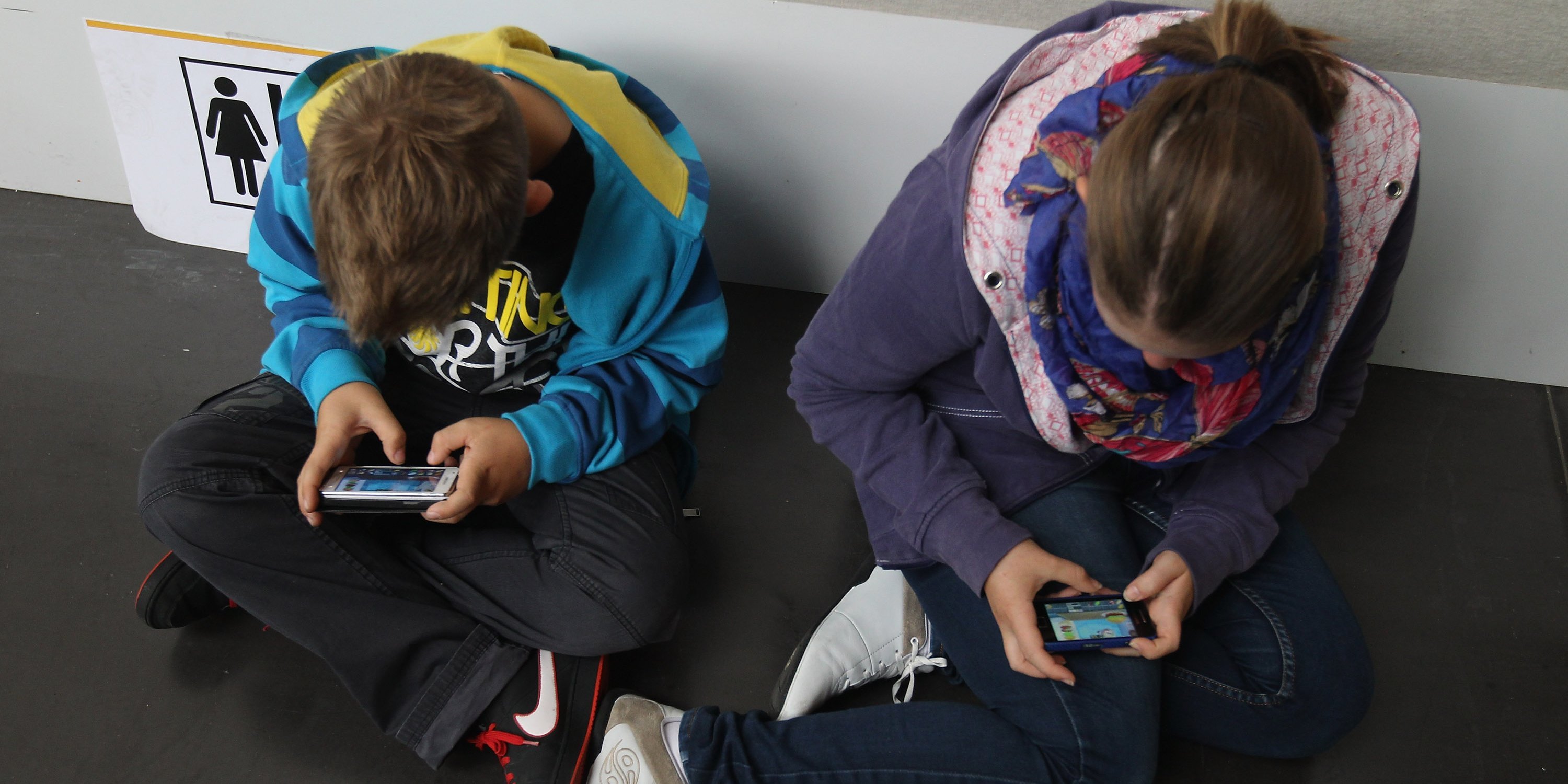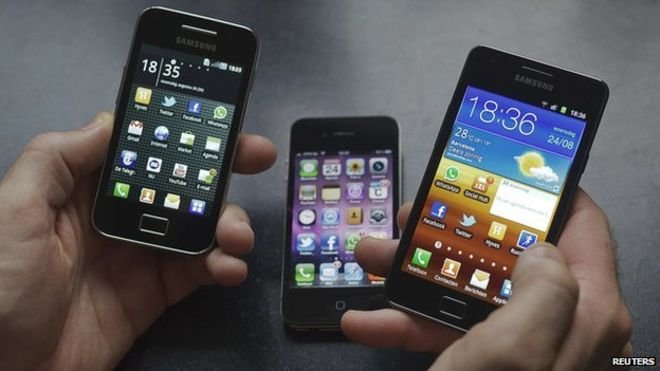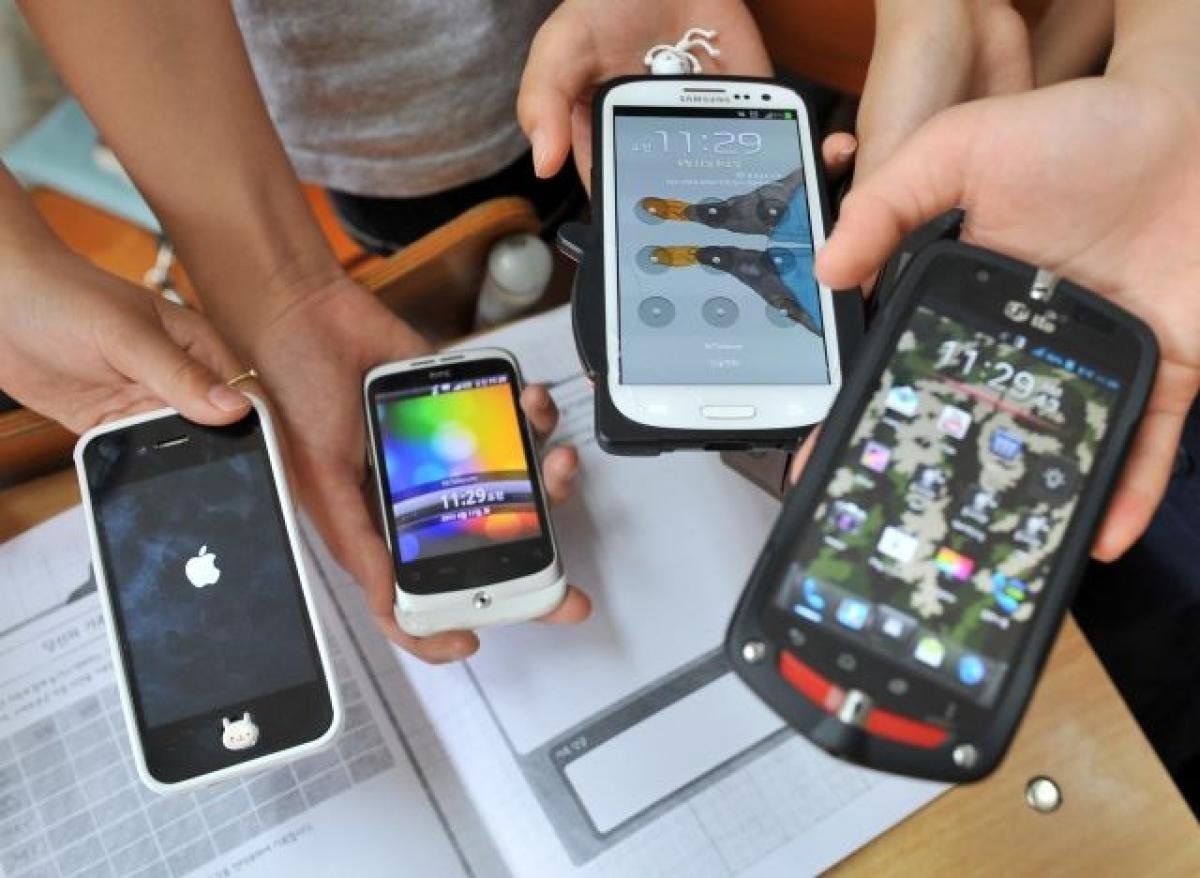In a shocking incident, a nine-year old school boy from Haryana was recently hospitalised after he cut his forearm with a kitchen knife. The boy took the drastic step because his parents took away his mobile phone from him.
Upon further investigation, it was found that the boy had been using a mobile phone since the age of four. His parents had reportedly gifted it to him as a toy so that it saves their time because both were busy in their professions.
The boy is now currently undergoing treatment at Delhi’s Sir Ganga Ram hospital where he is being given anti-depressants as well as counselling.
ScoopWhoop News spoke to Dr Rajiv Mehta, psychiatrist and consultant , who is treating the child.

What’s the case?
According to Dr Mehta, the boy was given a mobile phone by his parents when he was all of four. His father is a businessman while his mother is a college lecturer and the family lives in a tier-2 city of Haryana. Since the two were very busy in their professional lives, they gifted their son a mobile phone so it saves their time. However, the mobile soon became his favourite toy and gradually, it turned into an addiction. The boy never went out to play with other kids.
“His parents also thought it would keep him away from bad company,” Dr Mehta said.
His dependence on mobile phone grew enormously over a period of time and he started showing signs of withdrawal, anger and anxiety when his parents took away the mobile.
‘He would bang his head on the wall out of frustration’
“His parents visited me last year for the first time. When I advised them to keep him away from the mobile phone, it didn’t go down well with him. They said he often banged his head on the wall out of frustration. When he couldn’t take it anymore, he cut his hand,” he said.
Because the wounds were minor, the boy didn’t get any serious injuries. However, Dr Mehta calls it a “severe case” because of his young age.
“I have never come across a case of severe addiction as young as this child,” he said.

‘Addiction among children on the rise’
Dr Mehta said that his department receives around five to ten cases every month of teenagers and young adults addicted to gadgets. “It includes those who are addicted to porn, social media, internet surfing, gaming and much more. We have put them under one broad category called as ‘infobesity’,” he said.
Dr Mehta explained how one can detect if a person is suffering from infobesity.
“Youngsters today are very much involved in gadgets and internet. But if it starts affecting the social and occupational life of a person, then it has to be treated as a case of dependency. It mostly happens with kids who are facing board exams,” he said.
Due to rising number of such cases, the medical fraternity has already acknowledged the dangers posed by infobesity. “Shut clinics, a kind of an internet de-addiction centre where gadgets are prohibited, have been opened in many parts of the world. In India, there is one in NIMHANS, if I am not wrong,” he said.

‘Unfair to blame technology’
However, he put up an alarming statistic by saying that only 50 percent of the patients are actually cured after the treatment. “Patients in half of the cases leave mid-way without completing the course of treatment. Their family members also lose the seriousness towards the treatment. It is thus difficult to ascertain what happens to those patients,” he said.
He stresses the importance on prevention and said that limited usage of technology along with positive parenting can work wonders. He however out rightly refused to pin the blame on technology.
“You can use fire to either light your stove or set your house on fire. Similarly, like in this case, the boy was interested in watching music videos on YouTube. So, parents should have actually sent him to some music or dance classes,” he said.

















